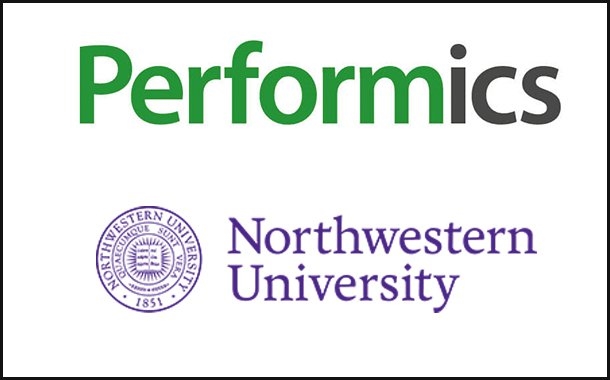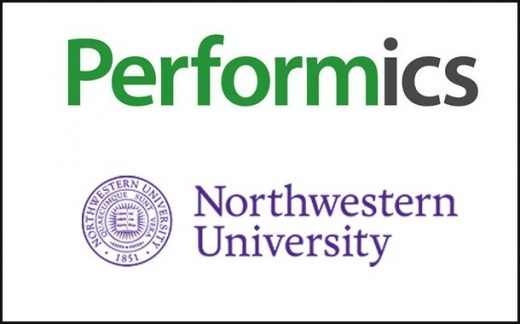Performics, Northwestern University Find Time-To-Purchase Intent In Search
Performics, Northwestern University Find Time-To-Purchase Intent In Search
Consumers are 180% more likely to click on results with concrete words like “shop” when they are close to making a purchase, while searchers are 20% more likely to click on results with abstract words like “best” when they are just browsing.

Performics and Northwestern University, in partnership with Microsoft Bing, released findings from a study showing how word patterns in search queries suggest where a person is in their shopping journey. The study also confirmed that aligning search results with the searcher’s distance to purchase significantly increases engagement with the brand.
Esteban Ribero, senior vice president of planning and insights at Performics, calls search a “behavioral insights machine.”
The findings aim to better understand consumer intent and the psychological distance to action such as clicking on a link or making a purchase. This is done by analyzing the words that people type into search engines. Intent Lab, a research partnership between Performics and Northwestern University Medill School of Journalism, Media and Integrated Marketing Communications conducted the study, along with Microsoft. The study included search query review, lab experiments and ad intervention study on actual click-through rate (CTR) data.
Performics developed an Intent Scoring Algorithm that codes every search keyword in the advertiser’s account based on the level of concreteness or abstractness and then uses this measure to identify the consumer’s place in their buying journey. Keywords were used to determine the mindsets of the consumer.
Keywords are either classified as abstract or concrete. The words are linked to a specific mindset. The findings show that search queries containing fewer concrete words and more abstract words such as “why” indicate an abstract mindset or someone seeking directions, which tends to occur early in the purchase journey. Concrete queries such as “shop” tend to indicate a shorter distance to taking action.
The study also found a match between search intent and the likelihood for a consumer to click on an ad. For example, people with browsing goals were 20% more likely to click on search results that emphasized the word “best,” which the study categorized as an abstract word. Those with concrete words in their search query were also 135% more likely to click on retailer search results vs. non-retailer results, when they are not able to buy immediately.
Performics ran three live ad campaigns in the beauty products category, bidding on keywords ranging from very abstract such as “how” to abstract such as “best” to concrete keywords such as “buy.” The study found a 17% increase in likelihood to click when matching concrete/abstract search keywords with the ad.
(6)


